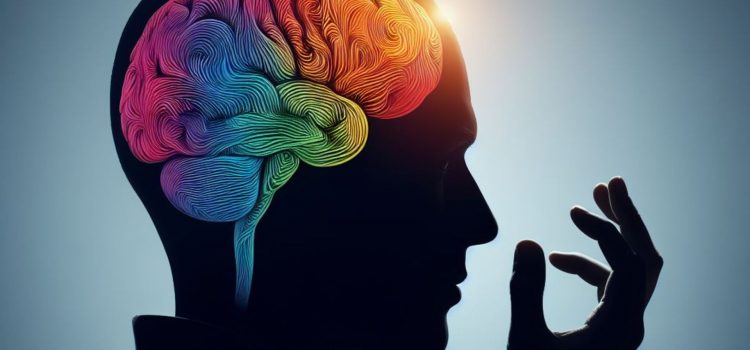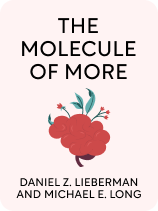

This article is an excerpt from the Shortform book guide to "The Molecule of More" by Daniel Z. Lieberman and Michael E. Long. Shortform has the world's best summaries and analyses of books you should be reading.
Like this article? Sign up for a free trial here.
What is dopamine in the brain? How does it work?
Dopamine in the brain is responsible for motivation and happiness, and is known as the “what if” chemical. Learning what this means and how this works can help you understand your own behaviors better.
Here is why dopamine is known as the “what if” chemical.
Dopamine: The ‘What If’ Chemical
What is dopamine in the brain, according to experts? In their book The Molecule of More, Daniel Z. Lieberman and Michael E. Long explain that dopamine is a neurotransmitter—a chemical for carrying signals between brain cells—that serves as both a motivator and a reward when you pursue new possibilities, or “what ifs.” Your brain releases dopamine when you encounter something new or unexpected, or when you make progress toward a personal goal. Furthermore, dopamine creates feelings of pleasure, so you’ll naturally want to pursue things that produce that dopamine high.
In short, dopamine drives you to learn new things, have unique experiences, and get what you want.
(Shortform note: As the neurotransmitter responsible for motivation and reward, dopamine also plays a crucial role in executive functions: your ability to coordinate and manage your thoughts and behavior. The term evokes the image of a CEO overseeing a company’s various operations (your decisions and actions) and determining what that company should do. Extending the metaphor, dopamine acts like a consultant: It recommends goals and possible courses of action to the CEO, which you experience as desire. It also gives feedback on the CEO’s progress toward those goals, which you experience as pleasure.)
‘What If’ Versus ‘What Is’
Lieberman and Long explain that the human brain splits the world into two categories, which we’ll refer to as “what if” and “what is.”
“What if” means anything that would take effort to obtain. This category can refer to literal objects, like a bottle of milk that you need to go to the grocery store to get. However, it could also mean experiences you’d like to have or situations you’d like to be in; for example, meeting your favorite celebrity or starting a relationship with someone you’re attracted to. Dopamine motivates you to pursue things in the “what if” category.
(Shortform note: Dopamine doesn’t just drive you to get things in the “what if” category—it actually helps you remember that those things exist. We know this because people with Attention Deficit Hyperactivity Disorder (ADHD)—a psychological condition believed to result from a lack of dopamine—often suffer from object impermanence. This means that, if something isn’t right in front of them or isn’t immediately relevant (if it’s in the “what if” category), they tend to forget about it; this is also called “out of sight, out of mind.” For example, people with ADHD often struggle to stay in touch with their friends and family because it simply doesn’t occur to them.)
Conversely, “what is” refers to anything you could easily see, hear, feel, or otherwise experience at the present moment. For example, your favorite song might fall into this category; even if you’re not currently listening to that song, you could easily take out your phone or go on your computer and experience it at any moment. A collection of different neurotransmitters handles “what is.”

———End of Preview———
Like what you just read? Read the rest of the world's best book summary and analysis of Daniel Z. Lieberman and Michael E. Long's "The Molecule of More" at Shortform.
Here's what you'll find in our full The Molecule of More summary:
- How dopamine drives ambitions, determines love, and influences thought
- What exactly dopamine is and how it affects us
- How some chemicals, like serotonin, actively work against dopamine






